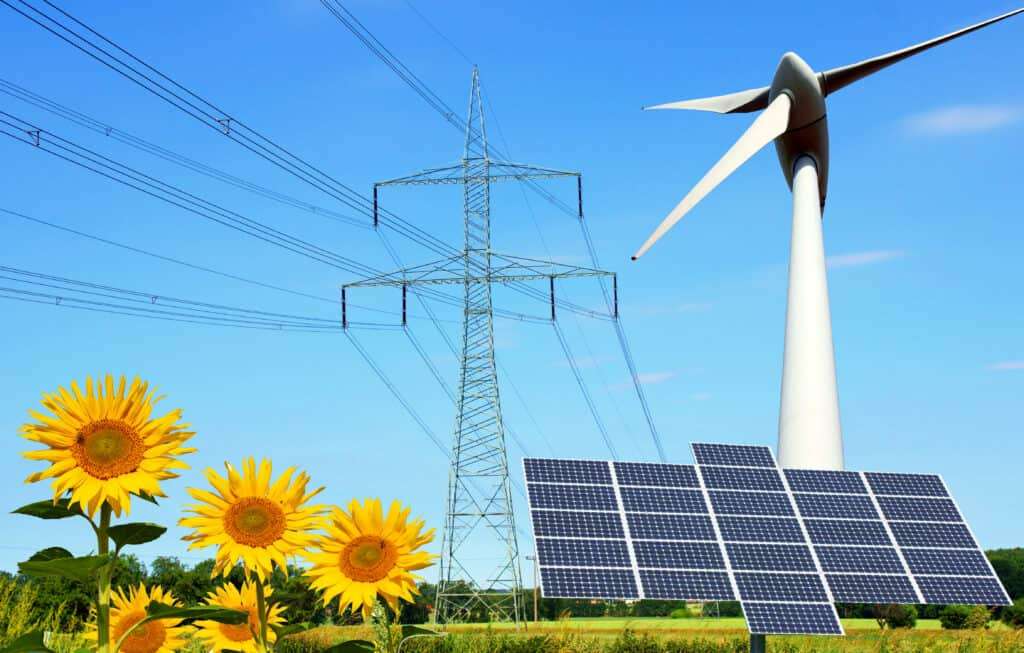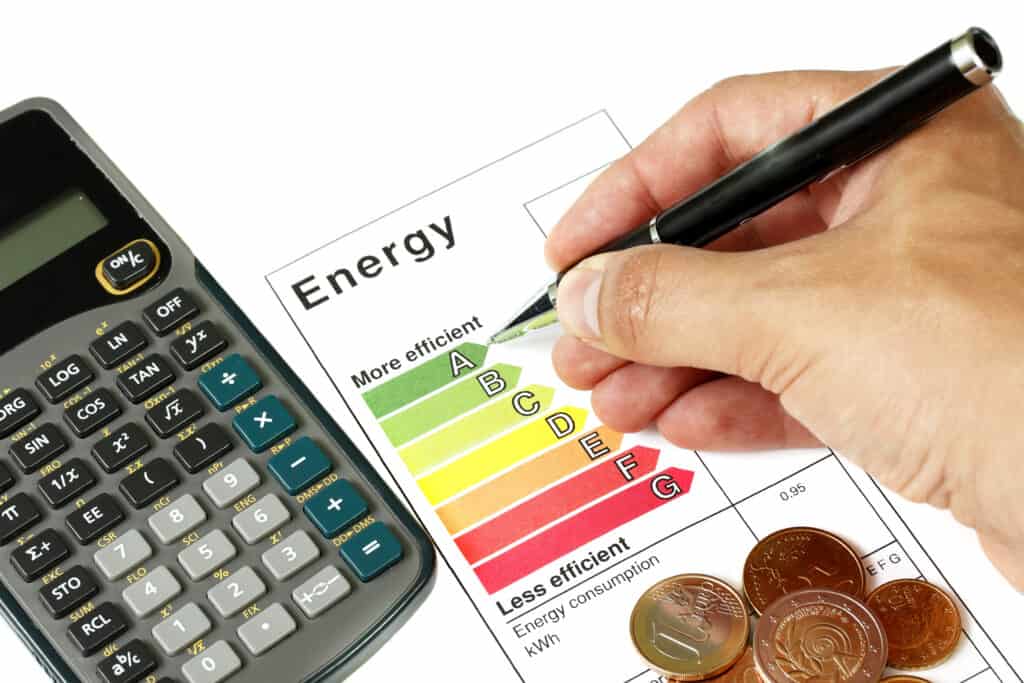
Today is Earth Day and this year’s theme is ‘invest in our planet’.
On this day, it is impossible to ignore the latest review on climate change issued by IPCC – the UN’s Intergovernmental Panel on Climate Change which consists of world’s leading climate scientists.
Essentially, it is a final warning that it is now or never if the world wants to prevent a climate catastrophe.
The review describes Earth’s dire situation [i]:
– The previous decade was the world’s warmest decade ever with highest greenhouse gas (GHG) emissions in human history.
– No inhabited region in the world can avoid climate change.

– Millions of people are already experiencing food and water shortages due to droughts, floods and other extreme weather conditions.
– Temperatures could rise to more than 3 degree Celsius if no urgent action is taken, making damage irreversible.[ii]
– Climate change will put everything at stake, making the Earth uninhabitable.
However, all hope is not lost. The review also recognizes the “increasing evidence of climate action”.[iii] The rate of growth in GHG emissions has decreased as a result and all sectors now have options “to at least halve emissions by 2030”.[iv]
If people, governments, and businesses act now and invest in the planet, the climate catastrophe can be prevented with limiting of global warming to 1.5 degree Celsius. Businesses, in particular, can play a vital role in significantly reducing emissions and leading a green energy transition.
But why should businesses invest in our planet?
There are several reasons:
– Climate change leads to scarcity of resources resulting in adverse impact on the economy, business operations and supply chains.
– Climate change leads to frequent energy price shocks.
– Business risks related to failure in compliance with government regulations that are established to tackle climate change.

– More consumers each year choose to do business with environmentally and socially responsible companies. Nearly half of Gen Z has stopped purchasing from companies due to sustainability and ethical concerns.[v]
– Good business sustainability performance has a positive correlation with improved financial profitability and happier employees.[vi]
When businesses invest in the planet, they invest in themselves and their future.
How can businesses reduce their environmental impact?
Businesses of all sizes can invest in reducing environmental impact.
Let us start with industrial businesses, which account for a quarter of global emissions. These businesses can reduce emissions by:
– Reducing use of fossil fuels:
The IPCC report clearly indicates that use of fossil fuels must be substantially reduced to halve emissions by 2030. Fossil fuel can be replaced with renewables. The cost of renewable energy such as solar and wind has decreased by up to 85% since 2010, making renewable energy cheaper than fossil fuels.[vii] Renewable energy is now a financially feasible option.

– Lowering energy consumption:
Industries can invest in more energy efficient technologies and make their processes more efficient to lower energy consumption.
– Investing in emission capture & storage technologies

Other businesses can also create a map of their carbon footprint and analyze how they can reduce their footprint. In addition to the above ways of reducing environmental impact, businesses can also:
– Drive product & process innovation:
Businesses can use reusable and recyclable materials or make their process more efficient to generate minimum waste.
– Ensure a sustainable supply chain:
Businesses can demand that their suppliers are compliant with sustainability requirements. This shall lower the overall carbon footprint of the business’s product/service. This would also cause a ripple effect causing the suppliers to ensure that they in turn have a sustainable supply chain as well.

Investing in the planet can enhance public health & well-being, employment and business opportunities.
Horizon has made investments in the planet which has resulted in increased efficiency, responsibly produced quality products and a happy workforce.
Horizon had outperformed the EU 2020 Climate & Energy targets in 2020. It has already met most of the EU 2030 Climate & Energy targets and is on track to meet remaining targets before 2030.
Our paper and paper bag products are produced with raw material wood sourced from responsible managed forest only. Responsible management of forestry ensures preservation of forest, an important carbon sink.
We hope that your business invests in itself by investing in the planet.
References:
[i] Harvey, F. (2022, February 28). IPCC issues “bleakest warning yet” on impacts of climate breakdown. The Guardian. https://www.theguardian.com/environment/2022/feb/28/ipcc-issues-bleakest-warning-yet-impacts-climate-breakdown
[ii] Harvey, F. (2022, April 4). IPCC report: “now or never” if world is to stave off climate disaster. The Guardian. https://www.theguardian.com/environment/2022/apr/04/ipcc-report-now-or-never-if-world-stave-off-climate-disaster
[iii] IPCC. (2022, April 4). The evidence is clear: the time for action is now. We can halve emissions by 2030. IPCC. https://www.ipcc.ch/2022/04/04/ipcc-ar6-wgiii-pressrelease/
[iv] IPCC. (2022, April 4). The evidence is clear: the time for action is now. We can halve emissions by 2030. IPCC. https://www.ipcc.ch/2022/04/04/ipcc-ar6-wgiii-pressrelease/
[v] Deloitte. (2021). Shifting sands: Are Consumers Still Embracing sustainability? Deloitte. https://www2.deloitte.com/uk/en/pages/consumer-business/articles/sustainable-consumer.html
[vi] Whelan, T., & Fink, C. (2016, October 21). The Comprehensive Business Case for Sustainability. Harvard Business Review. https://hbr.org/2016/10/the-comprehensive-business-case-for-sustainability
[vii] IPCC. (2022, April 4). The evidence is clear: the time for action is now. We can halve emissions by 2030. IPCC. https://www.ipcc.ch/2022/04/04/ipcc-ar6-wgiii-pressrelease/
